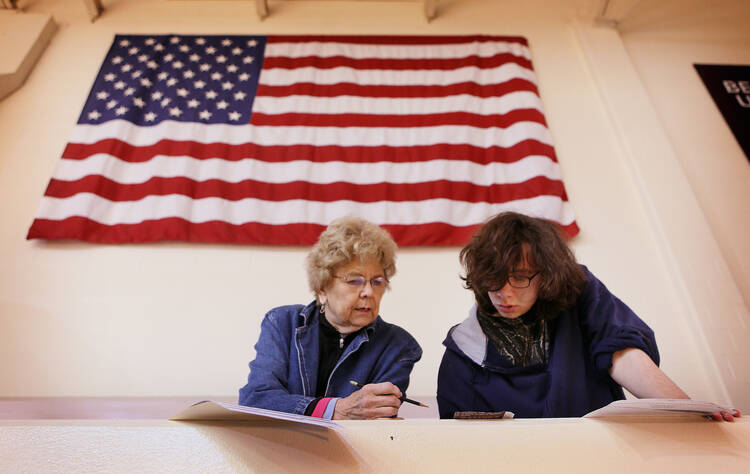A U.S. district court last month upheld a 2013 North Carolina law that ostensibly targets voter fraud by requiring photo identification at the polls, eliminating same-day registration and reducing early-voting periods. Opponents had argued that the changes disproportionately burdened low-income and minority voters who lacked driver’s licenses, but Judge Thomas Schroeder ruled that in the absence of “official discrimination” the law was valid. Unless a higher court reverses the North Carolina decision, we may see more efforts to make it more difficult and time-consuming to vote.
We should be encouraging citizen participation at all levels of American government. If photo I.D.’s are required, they should be easy to obtain without a fee that essentially serves as a poll tax. But it is notable that turnout among black voters in North Carolina actually increased in 2014, the first election when the voter I.D. law was in effect. This does not justify the law, but it does show that well-publicized efforts to limit turnout can have the opposite effect of making people more determined to vote—at least in the short term.
It is also a reminder that, as is the case with freedom of speech, the best response to bad politics is more politics. With no consensus on the practical meaning of the “right to vote” in the Constitution, we cannot wait for the courts to guarantee equal access to the polls. Voter advocacy groups must propose their own laws to break down barriers to political participation, and they must ensure that any new “anti-fraud” measures do not discourage citizens from making their voices heard.








